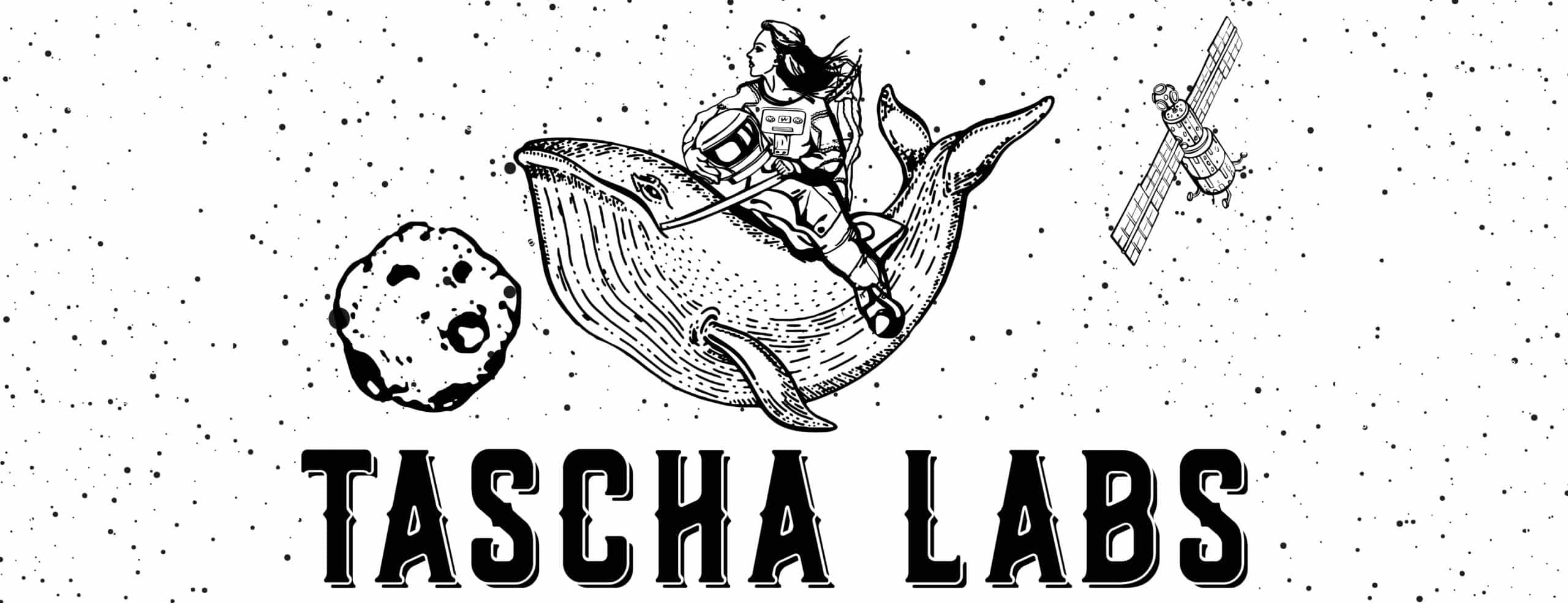 When I was little, my father sometimes let me tag along on his work trips. One time I went with him to this remote northern county in the province of Yunnan, China, where he worked. I had a major motion sickness and constantly dozed off on his lap as we drove along the poorly-maintained mountain roads for three days.
When I was little, my father sometimes let me tag along on his work trips. One time I went with him to this remote northern county in the province of Yunnan, China, where he worked. I had a major motion sickness and constantly dozed off on his lap as we drove along the poorly-maintained mountain roads for three days.
The county was then called Zhong-Dian, an out-of-worldly place where horses and gods legendarily roamed free. (I don’t know how gods could live in such a place where even in the best hotel you had to share public shower with ten others.) People in Zhong-Dian were dirt poor. The barley the locals grew were barely enough to feed themselves, and the only way to make cash was to chop down the forests and sell wood. Even I, then eleven, could see that wasn’t the best idea to make a living.
My dad wanted the local government to see that their future riches lie in tourism. His plan was to build an international airport, woo five-star hotel chains, market the county with a “secret Eden” theme, and accordingly, change the official name of the place to “Shangri-la”!
Everyone thought he was crazy. “An international airport?! We barely have roads to drive on!”
“Well, those are fine ideas. But we don’t have the money!”
“But we don’t have the right connections!”
“But the tourism market is already saturated!”
But, but, but…
But after being repeatedly evangelized, people slowly warmed up to his ideas. To make a long story short, now there’s a place called Shangri-La in China. You can fly there and choose to stay in one of the many great hotels. It’s a trip I highly recommend.
When I come to think of it, my father and his team was perhaps more effective than five World Banks combined in improving the life of local people in Shangri-La. To the 11-year-od me, that was cool stuff. His job title at the time was “economic expert”, which any dictionary will tell you is just a synonym for “economist”. I told myself I, too, wanted to be an economist when I grew up. It wasn’t until much later that I realized what made my father extraordinary at his job was not the economist part, but the artist within him.
No matter what line of job you are in, it’s the artist in you that adds the magic touch, transforms your work from good to great, and makes a real impact that lifts up the world a little from its old comfort zone.
Be the artist.
(Picture: Shangri-La in her serene beauty.)
* * * Like this post? Sign up to never miss one. * * *
